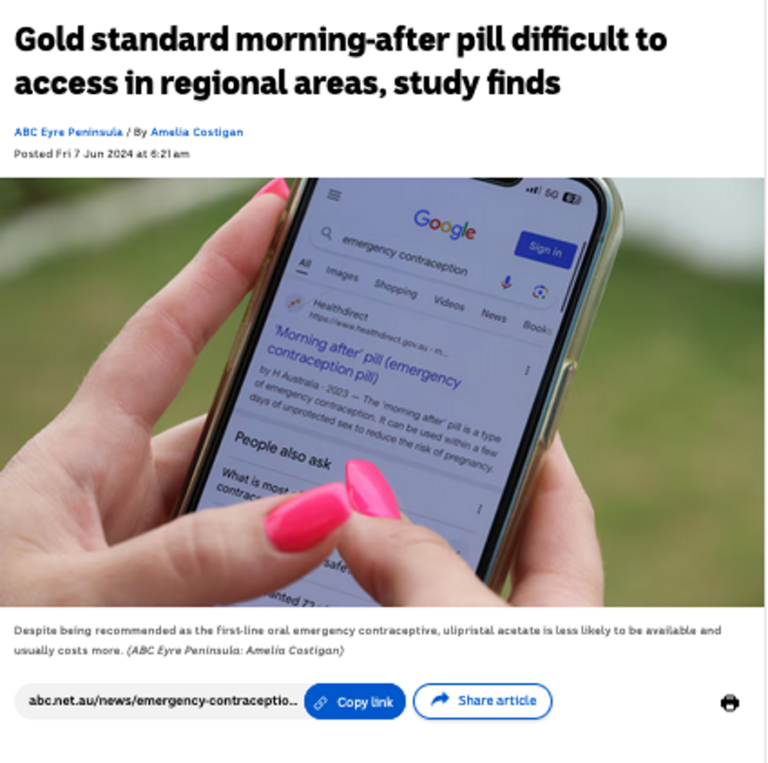Sexual health, human rights and the law. New report of the World Health Organization
States have obligations to bring their laws and regulations that affect sexual health into alignment with human rights laws and standards.
Drawing from a review of public health evidence and research into human rights law, the report Sexual health, human rights and the law shows how states can support sexual health through mechanisms that are consistent with human rights standards.
The report includes ensuring access to emergency contraception as a factor that contributes to the promotion and protection of sexual health.
Evidence shows that for adolescents, increased access to modern contraception, and particularly emergency contraception, protects them from negative health outcomes, and does not lead to unwanted sexual intercourse, unprotected intercourse, decreases in condom use, increased STIs or increased pregnancy rates (24–26). Page 14
(…) medicines needed for the promotion of sexual health, such as antiretrovirals for HIV, emergency contraception, or mifepristone and misoprostol for medical abortion – all of which are included on the WHO Model List of Essential Medicines (46) – are often either not available (due to intellectual property laws) or are restricted or prohibited by law. Page16
Read the full report here.

